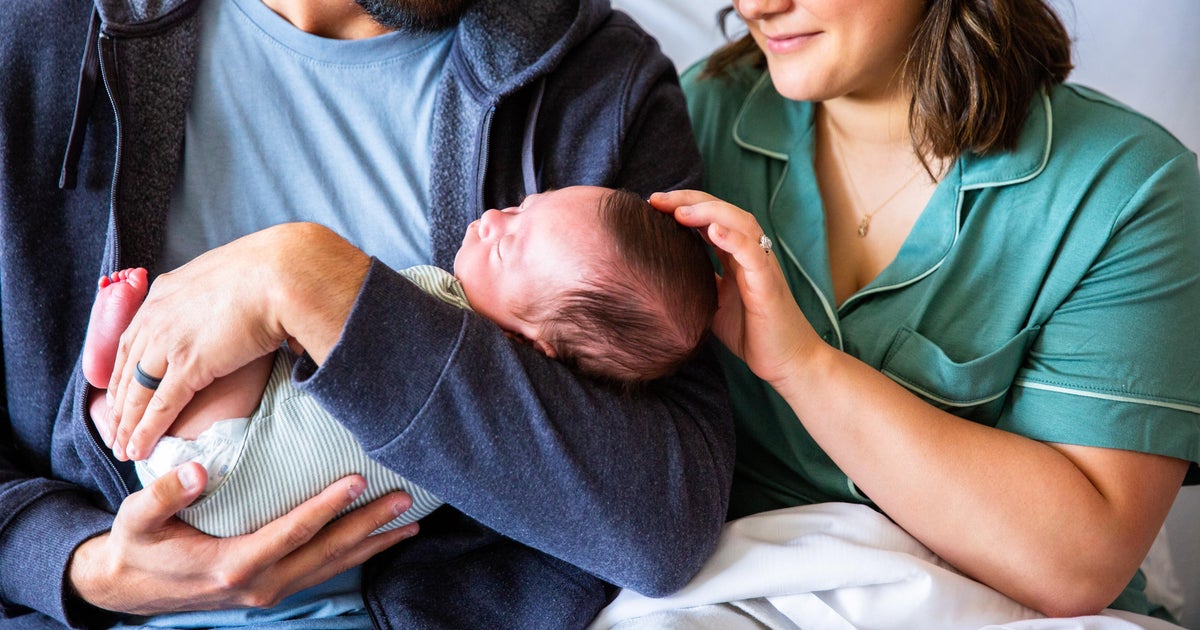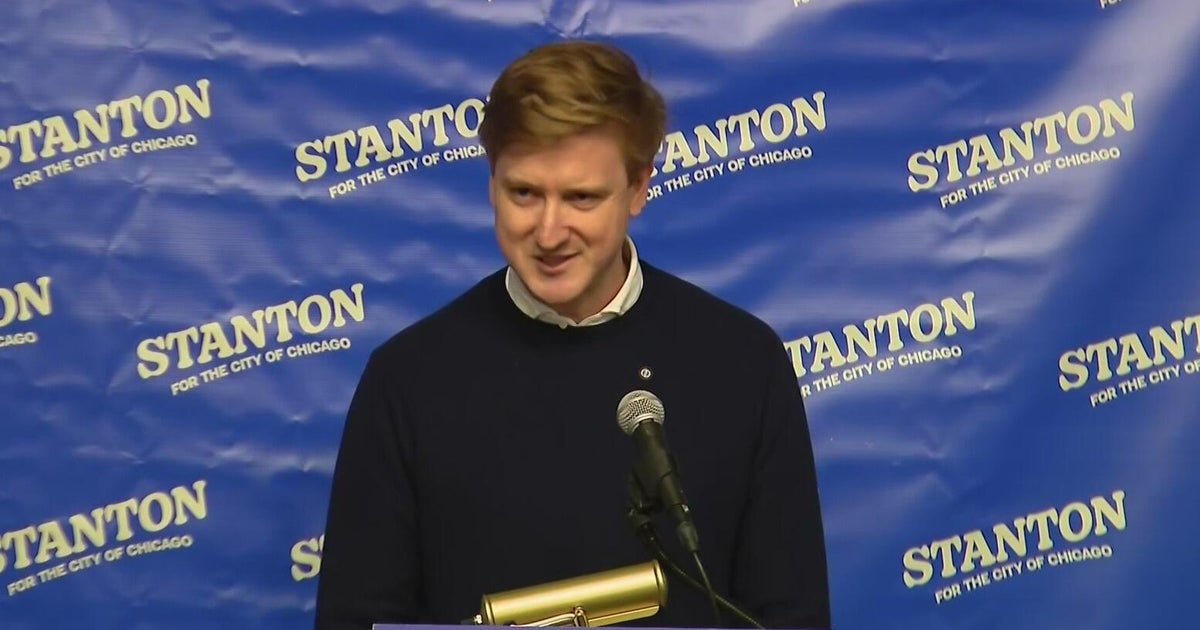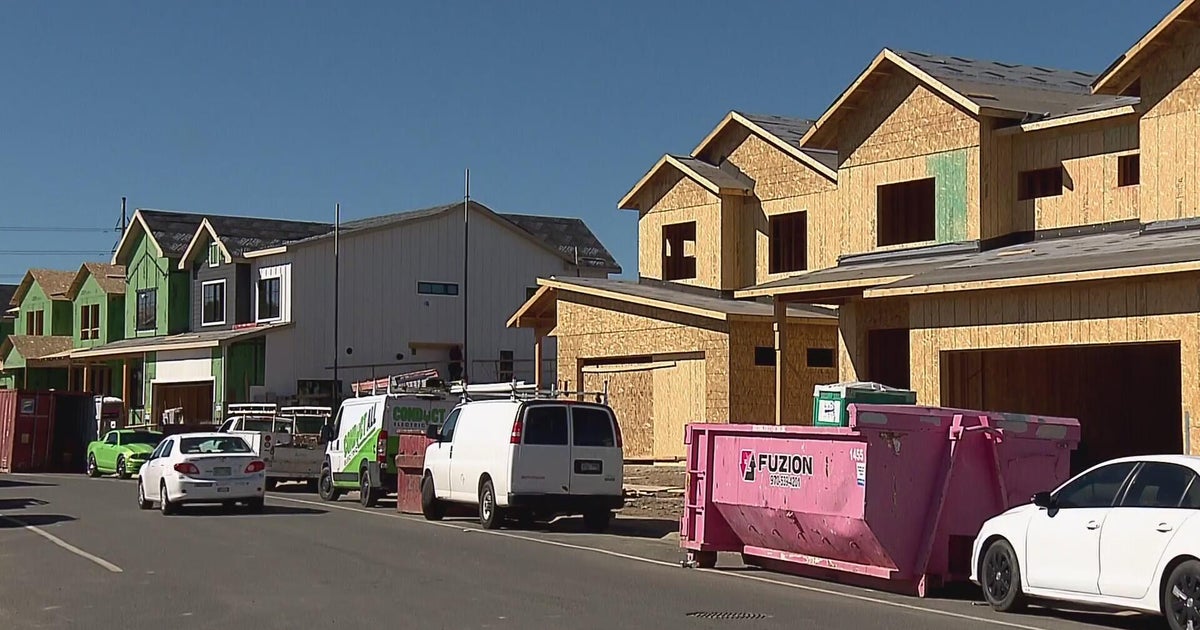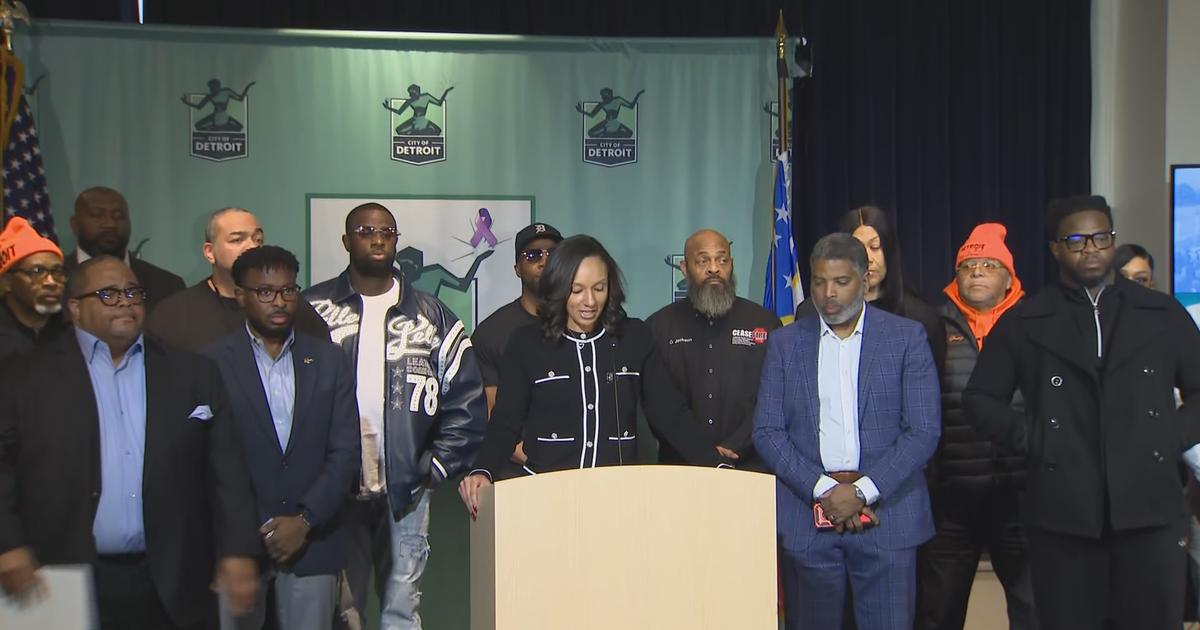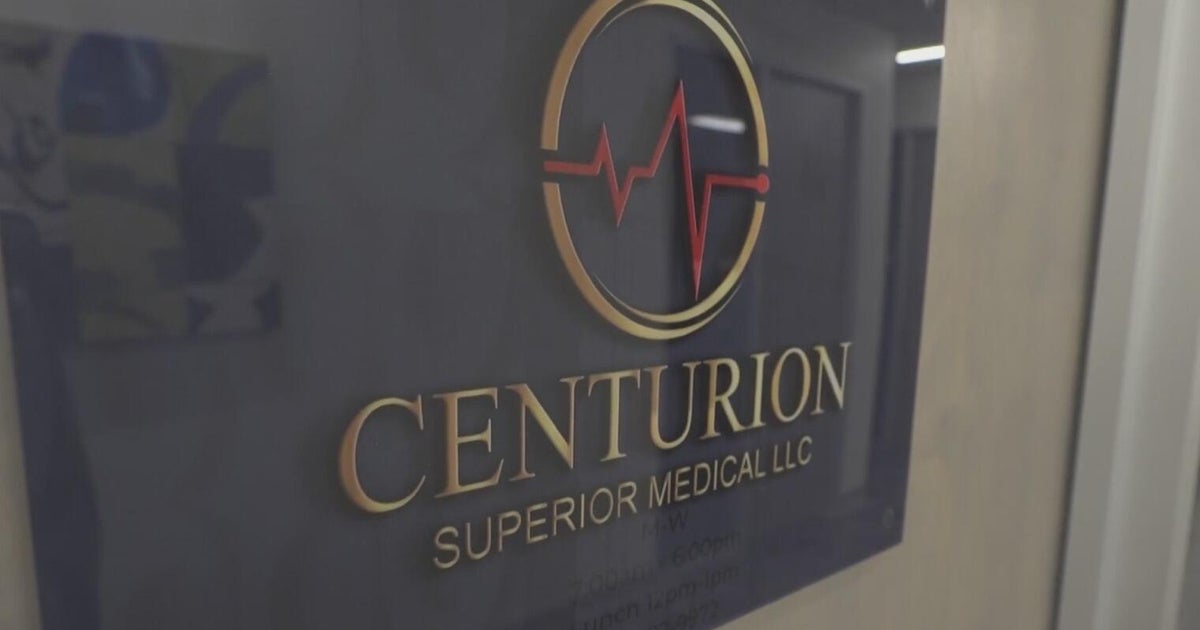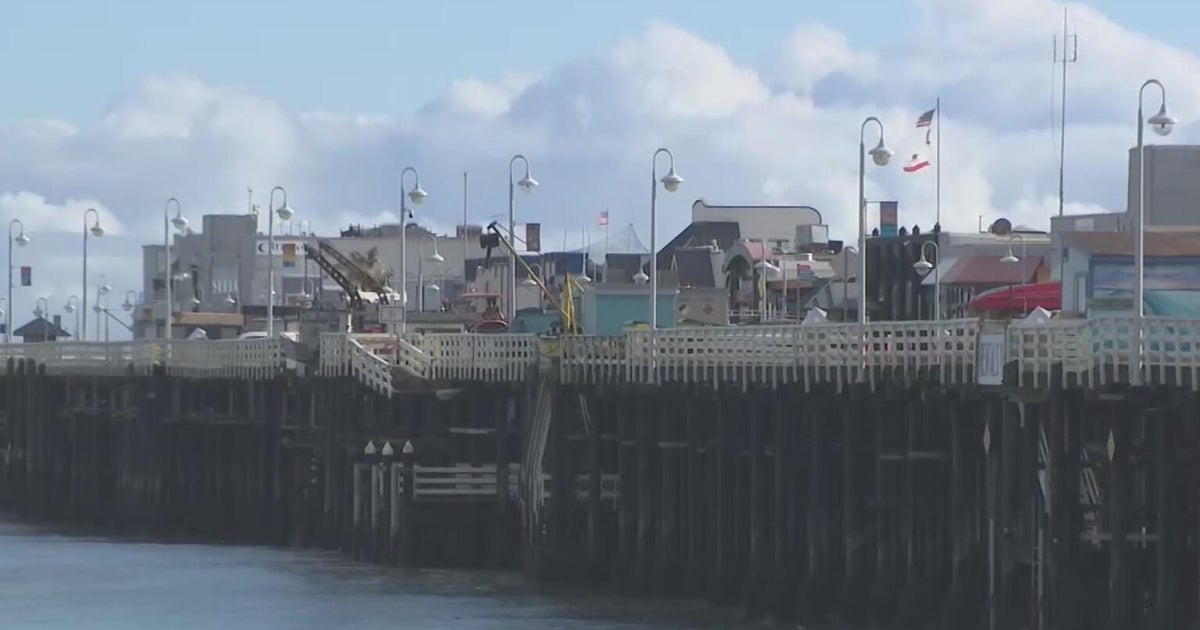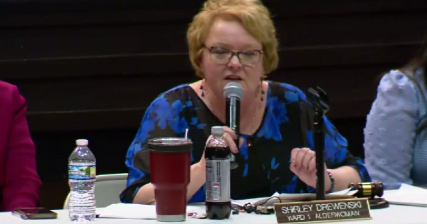Mayor Lightfoot Refinancing $1.3 Billion In City Debt To Shave $200 Million From City's Massive Budget Shortfall
by Todd Feurer, CBS Chicago web producer
CHICAGO (CBS) -- Two days ahead of her 2020 budget address, Mayor Lori Lightfoot's office announced plans to refinance $1.3 billion in city debt, providing $200 million in savings toward an $838 million budget shortfall.
The mayor's office said the city will issue general obligation bonds and sales tax securitization bonds to refinance $1.3 billion in existing general obligation and motor fuel tax bonds.
The city compared the move to refinancing a mortgage, saying the new bonds would be issued at lower interest rates than the outstanding ones.
"Since my first day in office I have made responsible stewardship of taxpayer dollars a priority in every financial and budgetary action we have taken," said Mayor Lightfoot. "Today's announcement represents the latest step in creating millions of dollars in smart savings for Chicago's residents, allowing us to strengthen our financial footing and better focus on delivering the investments and services that will allow our city to grow and thrive."
Pending approval by the City Council, Lightfoot's office would issue the bonds as early as December.
Meantime, the city won't take the risk of borrowing money to pay for settlements, drawing down on financial reserves, issuing pension obligation bonds, or relying on scoop and toss borrowing financing tactics which experts have compared to paying off one credit card bill with another credit card.
The mayor's office has announced a handful of other cost-saving and revenue-generating moves to help reduce the city's $838 billion budget gap for 2020.
Lightfoot has proposed a new rideshare tax for services like Uber and Lyft, aimed at reducing traffic congestion downtown.
Under the mayor's plan, the combined city taxes on a solo ride-hailing service trip that starts or ends downtown would rise from 72 cents to $3. The taxes on a shared ride downtown would rise from 72 cents per trip to $1.25 per trip.
Solo rides that neither start nor end downtown would rise from 72 cents per trip to $1.25. Shared rides that don't start or end downtown would actually go down from 72 cents to 65 cents per trip.
Trips to and from O'Hare and Midway Airports, Navy Pier, or McCormick Place would continue to be assessed a flat $5 tax.
The mayor's rideshare tax would generate approximately $40 million in new revenue. Some of that money would go to the CTA for bus priority zones on the South and West sides.
Meantime, the mayor also plans to consolidate the administrative functions of the Chicago Police Department, Chicago Fire Department, and Office of Emergency Management and Communications. The move would put 151 police officers and 11 uniformed firefighters back on the streets. The Chicago Police Department also would reopen two detective bureaus that were shuttered in 2012.
The mayor's office has said the changes at CPD would allow detectives to spend more time investigating in the field, and reduce the department's spending on overtime, which has ballooned to $200 million this year.
Lightfoot also is lobbying lawmakers in Springfield to authorize the city to implement a graduated real estate transfer tax, which would reduce the tax bill for people who sell homes for less than $500,000 while increasing the tax on more expensive properties.
The mayor is also pitching Springfield on two options for revising the plan for a casino in Chicago; either creating a casino owned by the city and state, or approving lower taxes than currently written in the gambling expansion law to make a private casino in Chicago more feasible.
Without help from Springfield, the mayor has said it's likely she'd have to turn to a property tax hike to close the city's budget shortfall.
